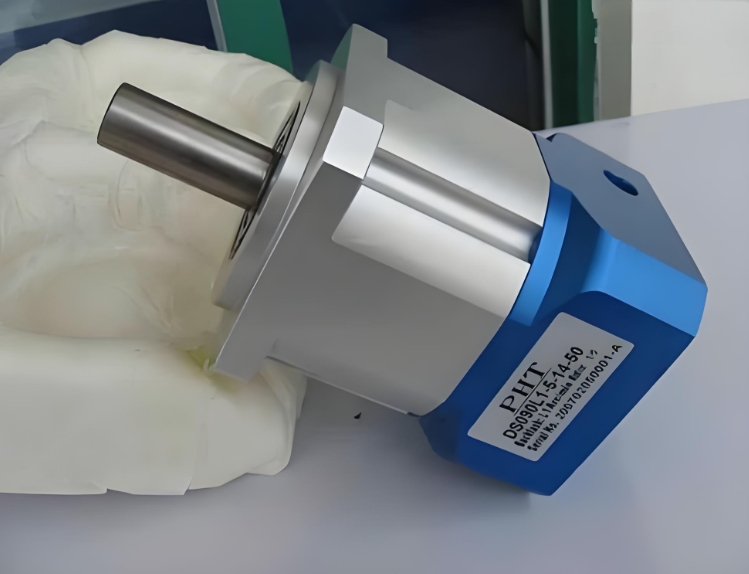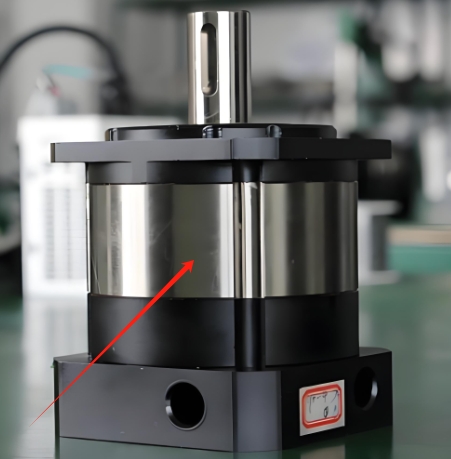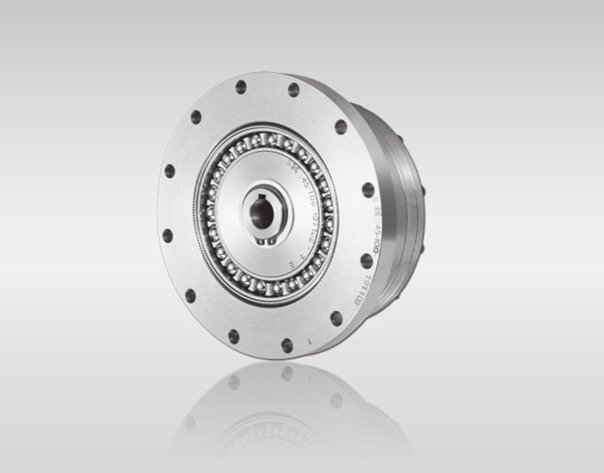1. Viscosity and Viscosity-Temperature Behavior
Gearbox lubricating oil must have suitable viscosity and good viscosity-temperature behavior.
Generally, using high viscosity lubricating oil is beneficial for preventing equipment damage and reducing noise. On the other hand, low viscosity lubricating oil is preferred for transmission efficiency, cooling, and oil transfer.
Regarding viscosity-temperature behavior, although gearbox lubricating oil does not experience as significant temperature changes as engine oil, it still requires good viscosity-temperature characteristics, especially when used in cold regions. Otherwise, it can lead to increased wear and tear and higher oil consumption.
2. Oxidation Stability
Gearbox lubricating oil is subject to agitation during gear movement and constant exposure to oxygen. This can lead to the formation of various oxidation products under the catalytic action of metals. As a result, the viscosity of the lubricating oil increases, its color darkens, acid value rises, sedimentation increases, and corrosion of components occurs. This deterioration in foam resistance and oxidation resistance necessitates the replacement of the lubricating oil.
Lubricating oil with good oxidation stability has a longer service life. Therefore, antioxidants are typically added to lubricating oil to improve oxidation stability.
3. Anti-Rust and Anti-Corrosion Properties
Anti-rust property refers to the ability of gearbox lubricating oil to prevent metal rusting, while anti-corrosion property refers to its ability to prevent metal corrosion.
Metal rusting is mainly caused by the presence of oxygen and water in the lubricating oil. Corrosion, on the other hand, is caused by acidic substances and sulfides in the oil. Additives are commonly used in gearbox lubricating oil to enhance anti-rust and anti-corrosion properties.
4. Foam Resistance
During gear movement, gearbox lubricating oil undergoes vigorous agitation, resulting in the formation of numerous small bubbles. If these bubbles quickly disappear, it does not affect the performance. However, if stable foam forms and does not dissipate, it can lead to emulsification and overflow on the gear surfaces, damaging the lubricating oil film and exacerbating wear and tear.

 English
English Deutsch
Deutsch Русский
Русский Español
Español

















Quote Now